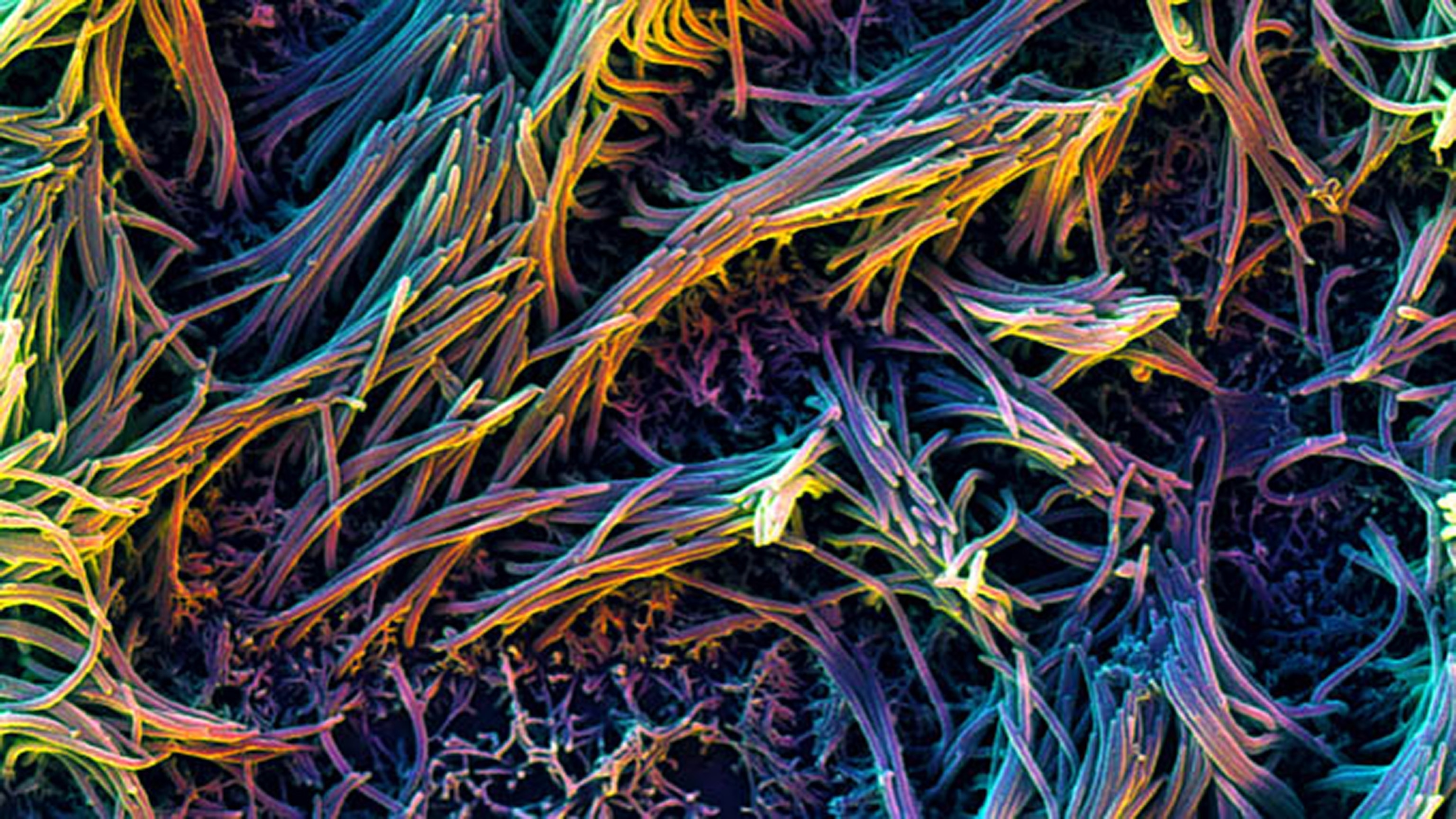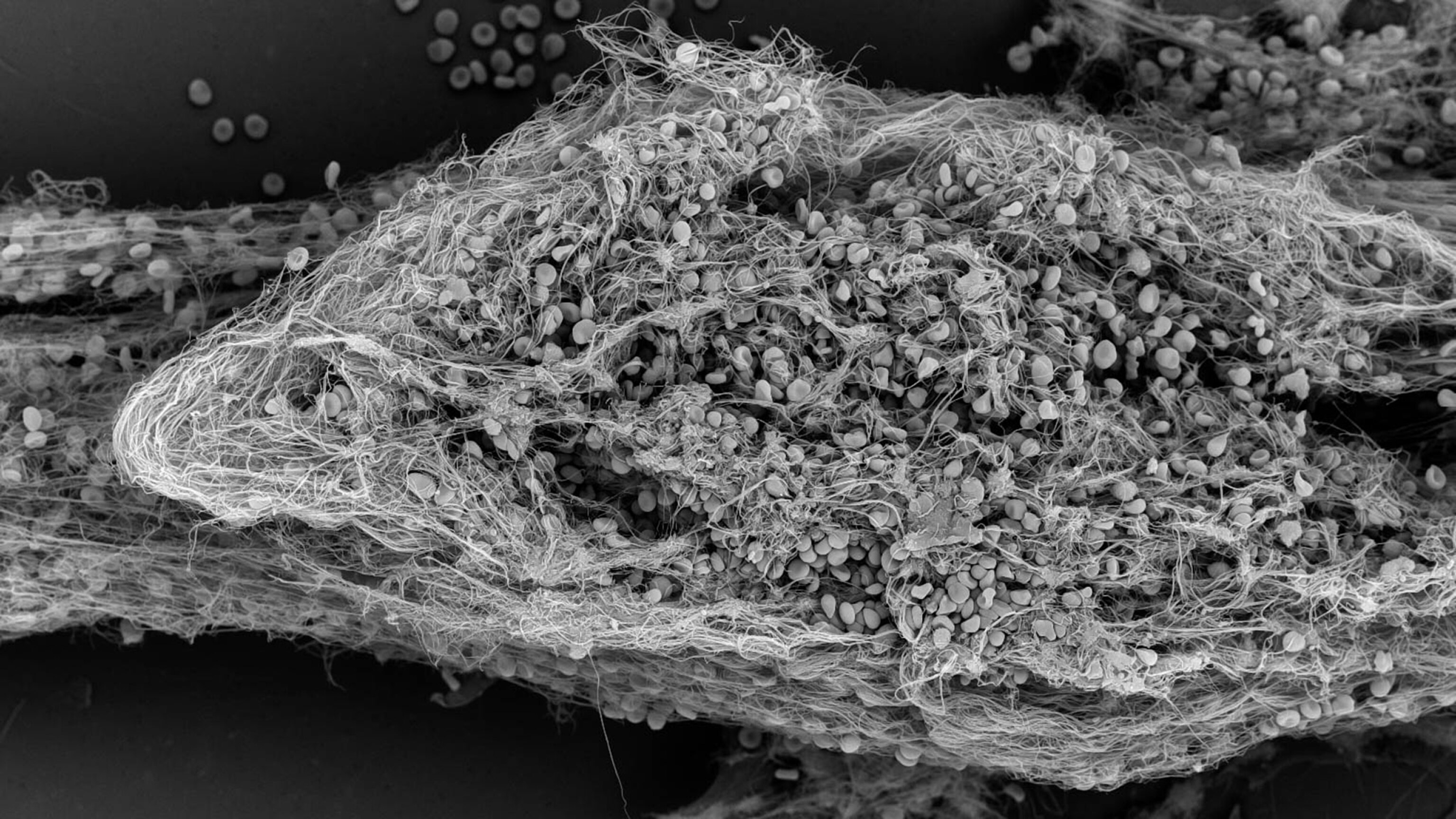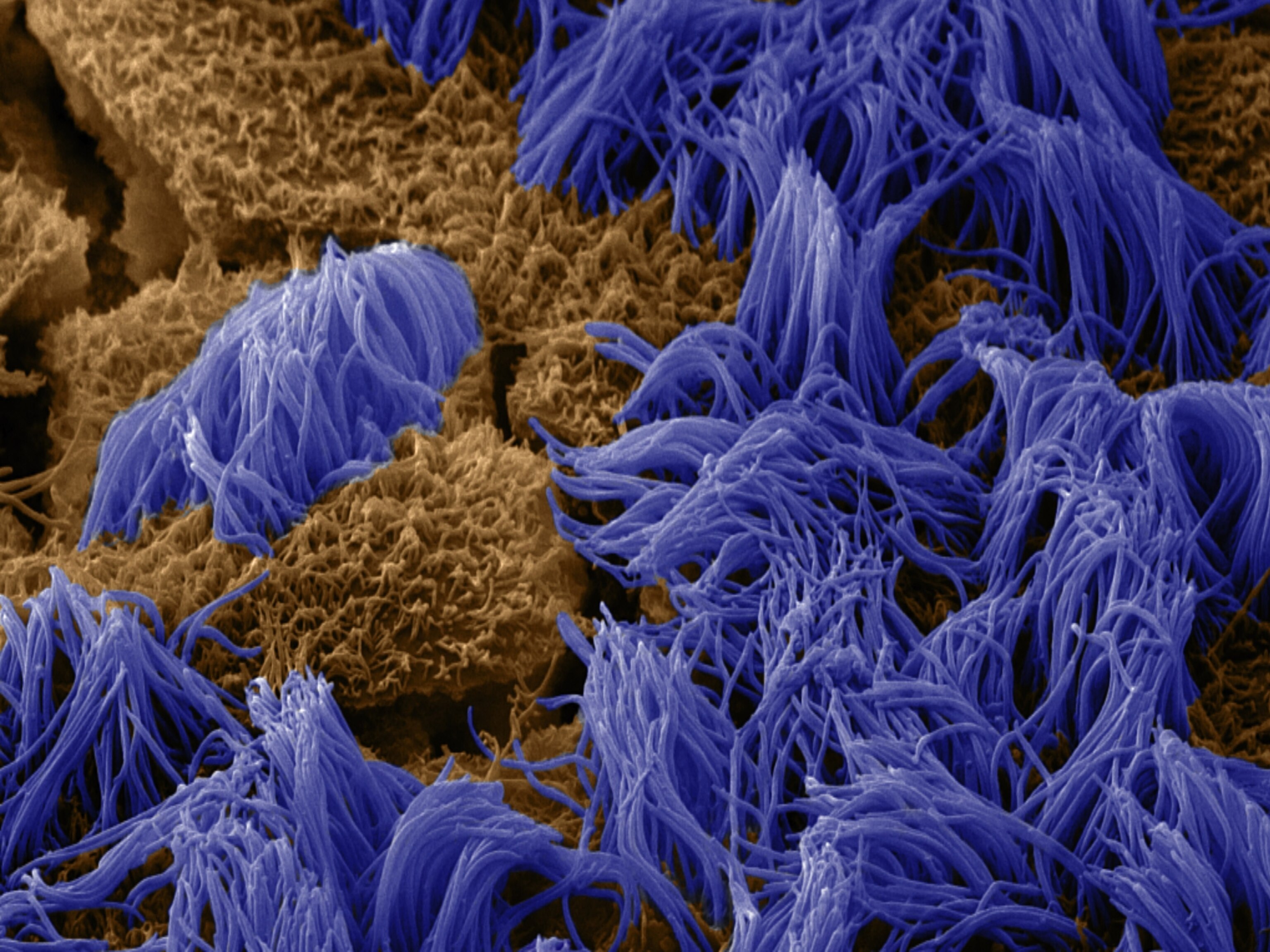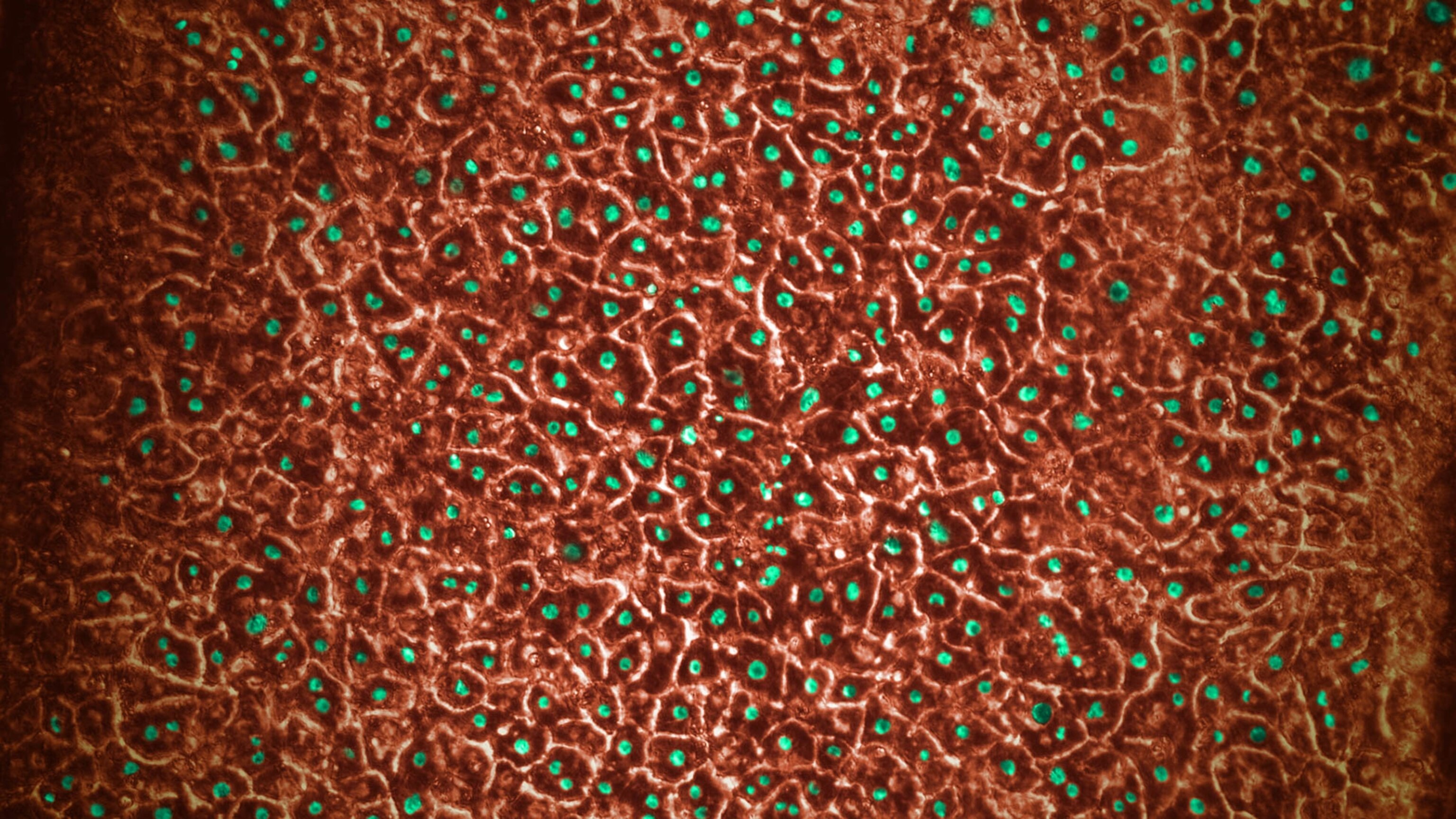How ‘Organs on a Chip’ Will Revolutionize Medicine
Scientists can now do research on live human organs without petri dishes or animal testing.
Before, it was inconceivable: risk-free biomedical testing on living human organs. But new “organs-on-chips” technology is emulating the liver, brain, lungs, intestines, and more on a chip the size of a USB stick. Until now scientists conducted most biomedical research through animal testing—which often doesn’t translate to humans—or in a petri dish, a static environment that doesn’t let cells behave as if they are in the human body.
The organ-chip consists of transparent channels lined with thousands of living cells and pumped with liquid containing nutrients, or blood, all interacting just as they would in the body. It’s a “home away from home, a window into human biology,” says Geraldine A. Hamilton, chief scientific officer of organ-chip developer Emulate, Inc. The chips have been used to test drugs’ impact on organs and to replicate diseases like asthma.
The next frontier: custom chips that imitate a person’s unique biology—or, as Hamilton puts it, “you on a chip.”





